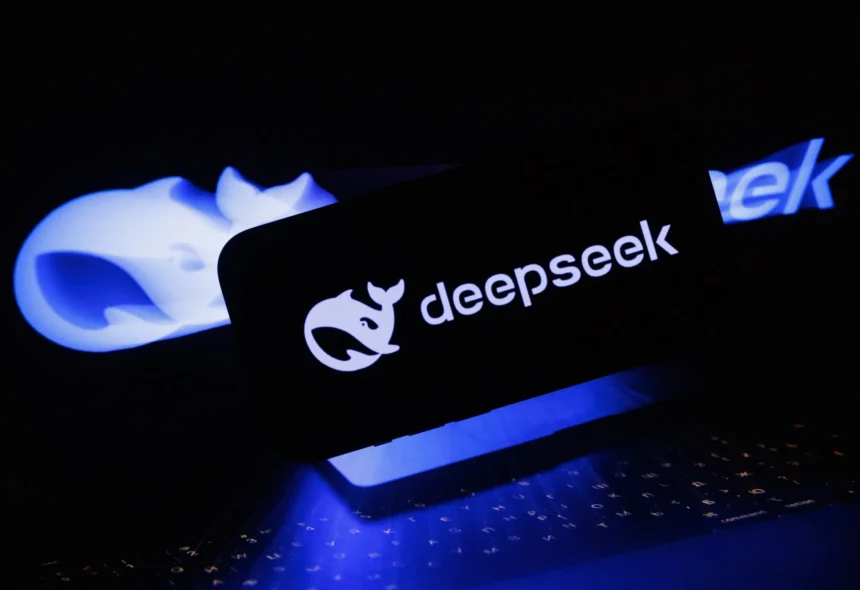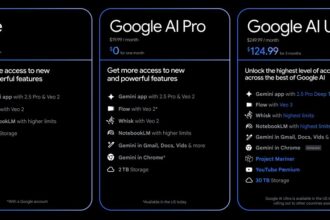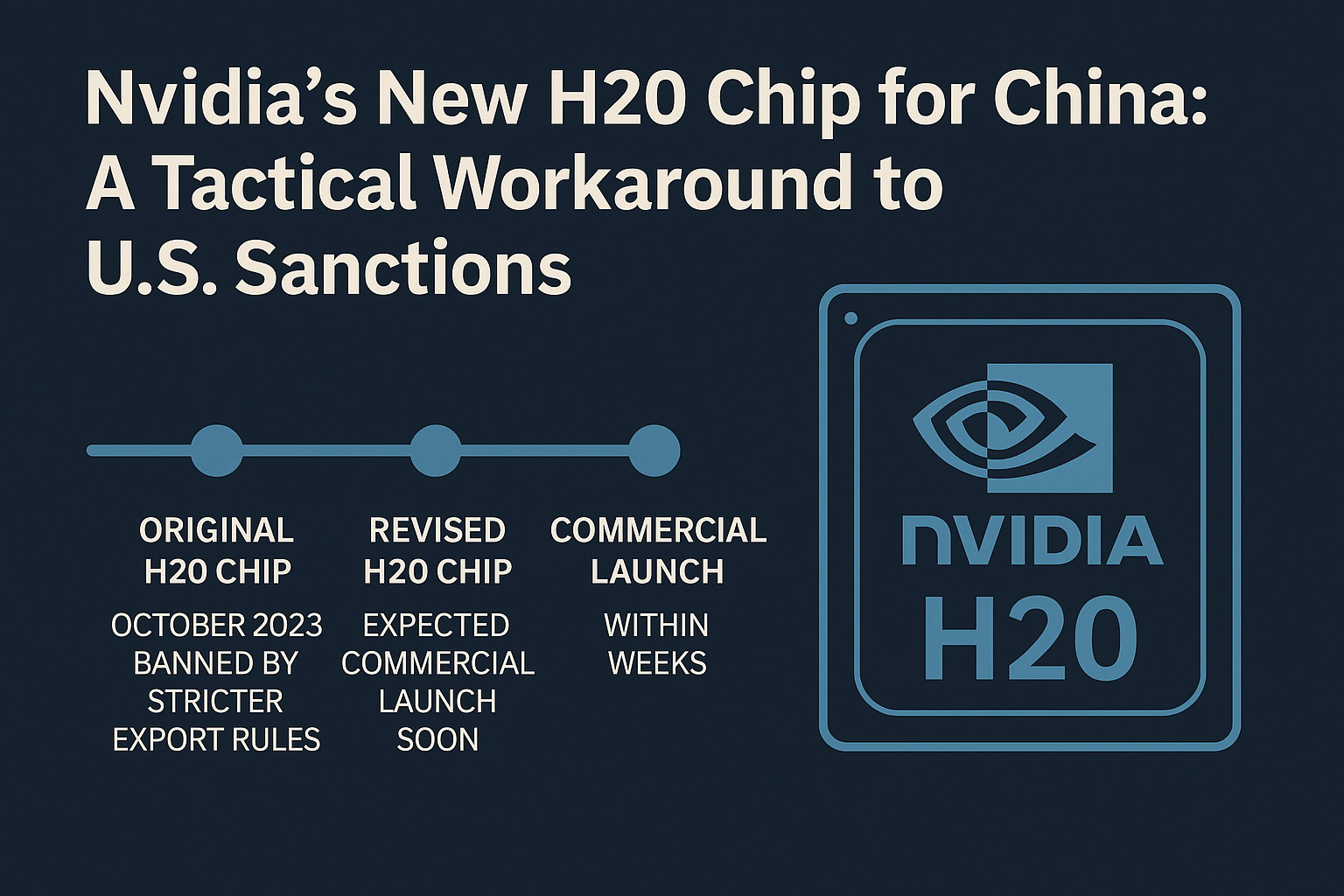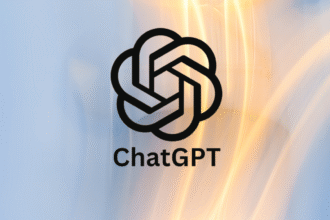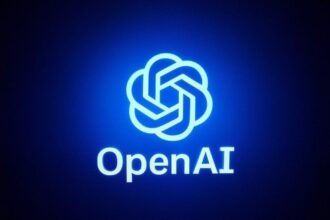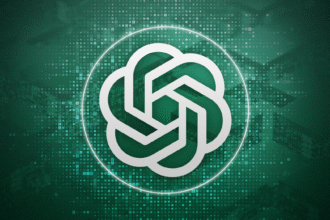Demis Hassabis, CEO of Google DeepMind, has called DeepSeek’s AI model “probably the best work” to come out of China, though he noted it doesn’t introduce groundbreaking scientific advancements. His comments came during a Google-hosted event in Paris ahead of the city’s AI Action Summit.
Last month, DeepSeek, a Chinese AI firm, made waves with a research paper claiming its AI model was trained at a fraction of the cost of leading competitors and using less advanced Nvidia chips. The announcement triggered a stock market sell-off and sparked debates over whether major tech companies are overspending on AI infrastructure.
Hassabis praised DeepSeek’s work as “an impressive piece of engineering” and acknowledged its geopolitical significance. “It changes things on a geopolitical scale,” he said. However, he emphasized that the model relies on existing AI techniques rather than introducing new scientific breakthroughs. “Despite the hype, there’s no actual new scientific advance… it’s using known techniques,” he added, suggesting the excitement around DeepSeek has been “exaggerated a bit.”
Hassabis also highlighted the efficiency of Google’s own Gemini 2.0 Flash models, which were recently made available to the public. Meanwhile, some experts have questioned DeepSeek’s claims about low development costs and chip usage, arguing that the actual expenses may be higher than reported.
The AGI Debate
The discussion also touched on artificial general intelligence (AGI), a term referring to AI systems that surpass human cognitive abilities. Hassabis believes the industry is moving toward AGI and estimates achieving such a system within five years.
“I think we’re close now… perhaps 5 years or something away from a system like that, which would be pretty extraordinary,” he said. However, he warned that society needs to prepare for the implications of AGI, ensuring widespread benefits while mitigating potential risks.
Hassabis’ views align with others in the industry, including OpenAI CEO Sam Altman, who has expressed confidence in achieving AGI. Yet, concerns remain about the risks associated with advanced AI systems. Prominent AI researchers like Max Tegmark and Yoshua Bengio have warned about the possibility of losing control over such technologies, emphasizing the need for careful oversight.
As the AI race heats up, DeepSeek’s achievements highlight China’s growing influence in the field. However, the debate over its true innovation and the broader pursuit of AGI underscores the challenges and responsibilities facing the global AI community.

